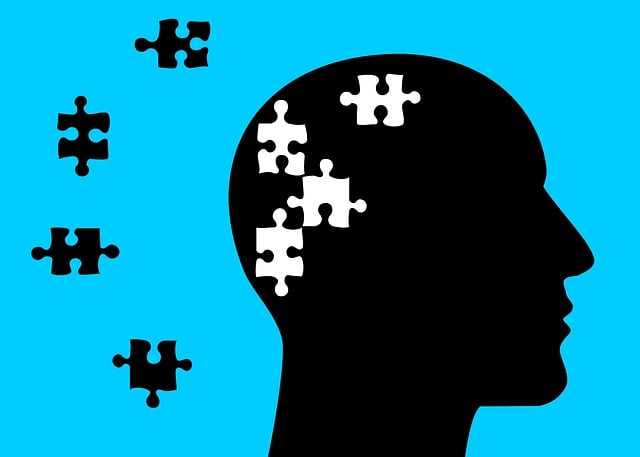Superior Obsessive Compulsive Disorder (OCD) therapy combines cognitive-behavioral techniques like Exposure and Response Prevention (ERP), cultural sensitivity, social skills training, and self-awareness exercises to address root causes. This holistic approach enhances emotional intelligence, improves well-being, and reduces OCD symptoms through evidence-based practices, mindfulness meditation, and personalized mood regulation plans.
Mood regulation strategies are essential tools for managing emotional well-being, especially for those dealing with disorders like OCD. This article delves into the intricate world of mood control, offering a comprehensive guide on effective techniques. We explore the significance of understanding your moods and provide insights into superior obsessive-compulsive disorder (OCD) therapy. By integrating various therapeutic approaches, individuals can achieve better mood management, leading to an enhanced quality of life. Discover practical strategies to navigate and regulate your emotions effectively.
- Understanding Mood Regulation Strategies
- Effective Techniques for OCD Management
- Integrating Therapy for Superior Mood Control
Understanding Mood Regulation Strategies

Understanding Mood Regulation Strategies is a crucial aspect of managing various mental health conditions, such as Superior Obsessive Compulsive Disorder (OCD). These strategies are designed to help individuals gain control over their emotions and maintain a balanced state. In the context of OCD therapy, a comprehensive approach combining cognitive-behavioral techniques with tailored interventions can significantly improve mood regulation.
Cultural Sensitivity in Mental Healthcare Practice plays a pivotal role in these strategies. Recognizing and respecting diverse cultural beliefs and practices ensures that therapeutic methods are accessible and effective for all individuals. Social Skills Training and Self-Awareness Exercises are additional tools that foster emotional intelligence, enabling better recognition and management of one’s moods. Through these means, those seeking treatment can develop healthy coping mechanisms, enhance their overall well-being, and lead more fulfilling lives.
Effective Techniques for OCD Management

Managing Obsessive Compulsive Disorder (OCD) requires a tailored approach that goes beyond traditional therapy methods. Superior OCD Therapy involves a comprehensive strategy that addresses the root causes and symptoms, focusing on both cognitive and behavioral interventions. One effective technique is Exposure and Response Prevention (ERP), which helps individuals confront their obsessions without performing compulsive rituals. This process gradually desensitizes them to triggers, promoting healthier coping mechanisms.
Additionally, integrating Risk Management Planning into therapy is crucial for mental health professionals treating OCD. By incorporating Burnout Prevention strategies and practicing Cultural Sensitivity in Mental Healthcare, therapists can create a supportive environment that caters to individual needs. These approaches ensure long-term success in managing OCD while mitigating potential risks associated with the disorder and its treatment.
Integrating Therapy for Superior Mood Control

In the pursuit of superior mood control, integrating therapy can be a game-changer, especially for individuals grappling with conditions like Obsessive Compulsive Disorder (OCD). Superior OCD therapy involves a multifaceted approach that goes beyond symptom management. It focuses on empowering individuals to develop coping skills and empathy building strategies, fostering a deeper understanding of their emotions. Therapists play a pivotal role in guiding patients through evidence-based practices such as mindfulness meditation, enabling them to navigate triggers and regulate moods effectively.
By combining traditional therapy techniques with innovative coping mechanisms, individuals can achieve a more balanced emotional state. This holistic approach encourages self-awareness, enhances resilience, and promotes healthy ways of managing stress and anxiety. Ultimately, integrating these strategies allows for personalized mood regulation plans, ensuring that each individual receives the support needed to lead happier, more fulfilling lives.
Mood regulation strategies, such as understanding and managing conditions like Obsessive Compulsive Disorder (OCD) through effective therapy, play a pivotal role in enhancing mental well-being. By integrating various techniques, individuals can achieve superior mood control, fostering a more balanced and fulfilling life. This comprehensive approach ensures that those dealing with OCD receive the best possible care, combining insights from understanding mood regulation with tailored therapeutic interventions.










